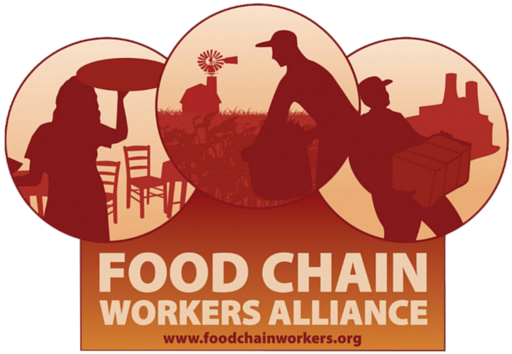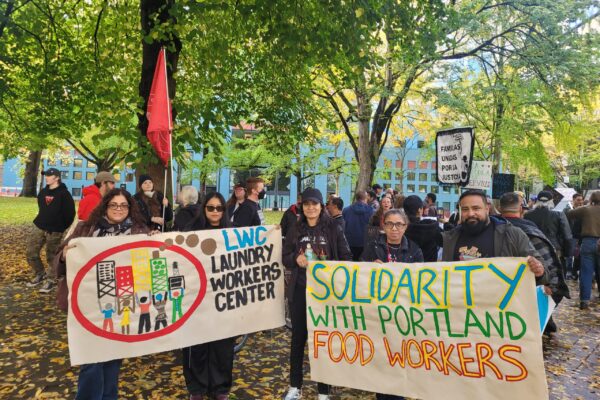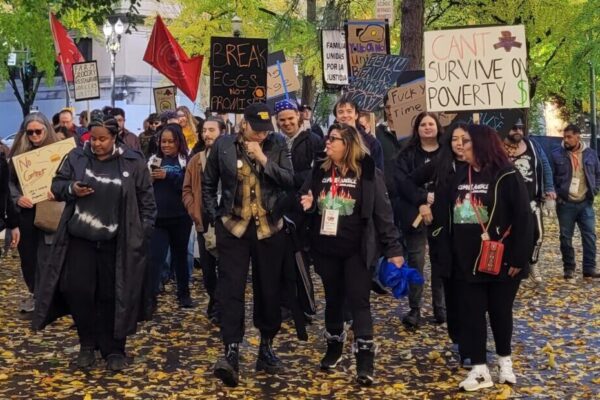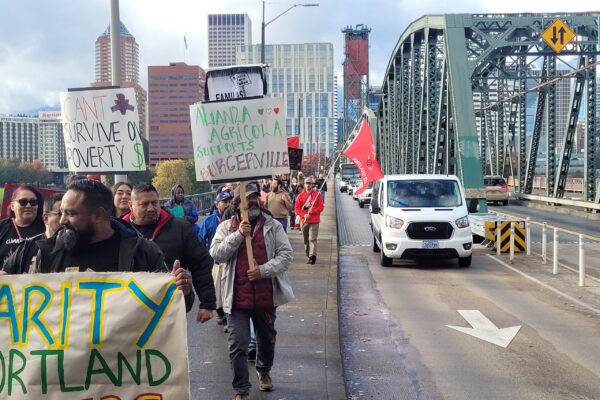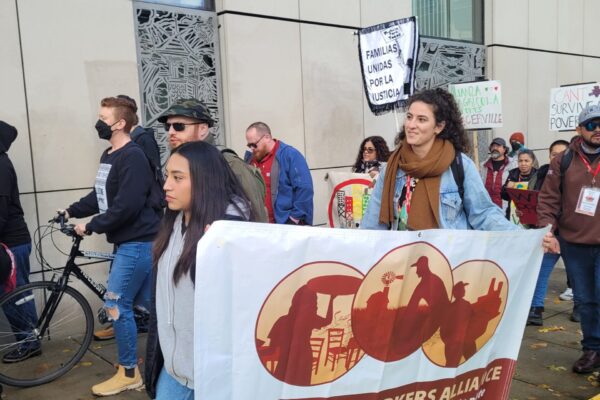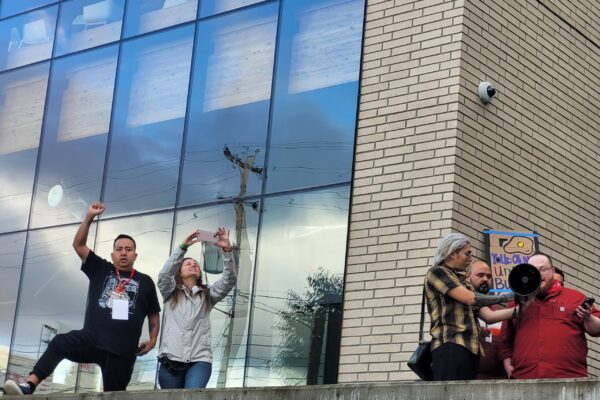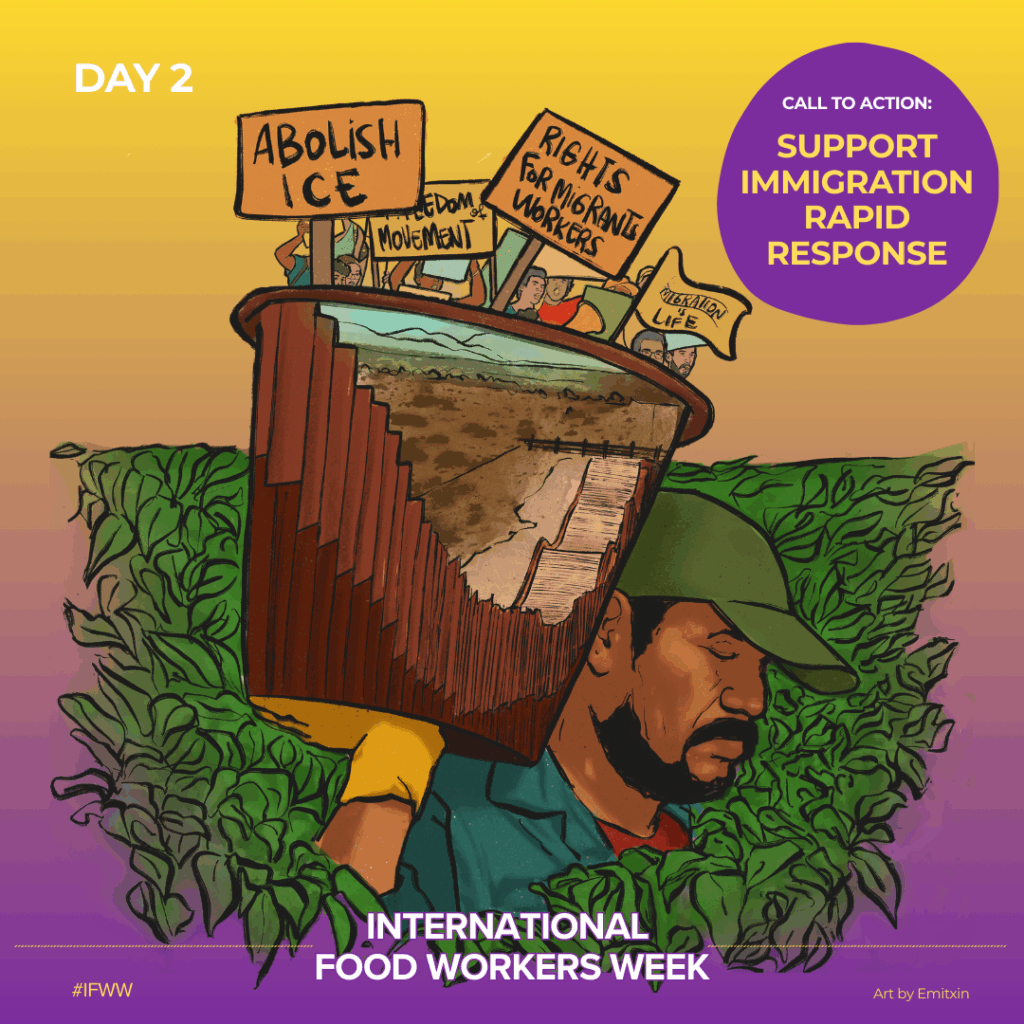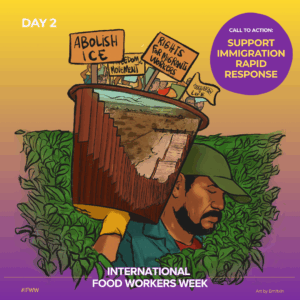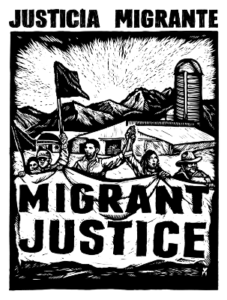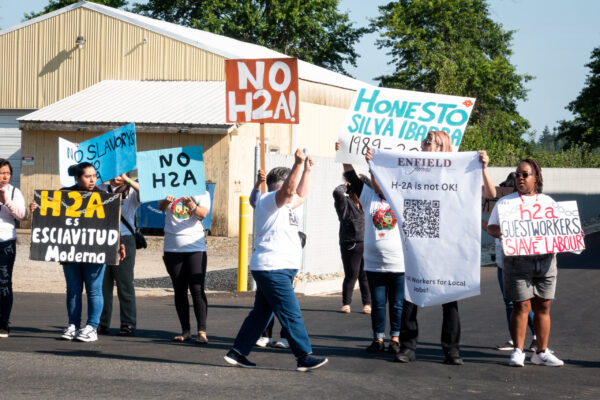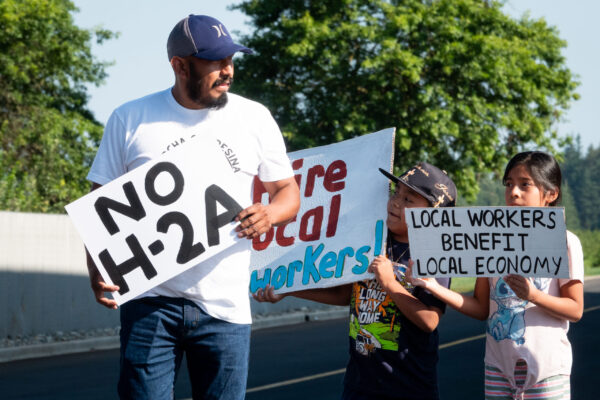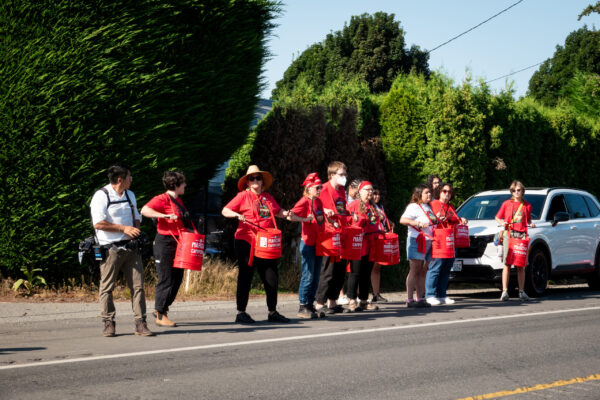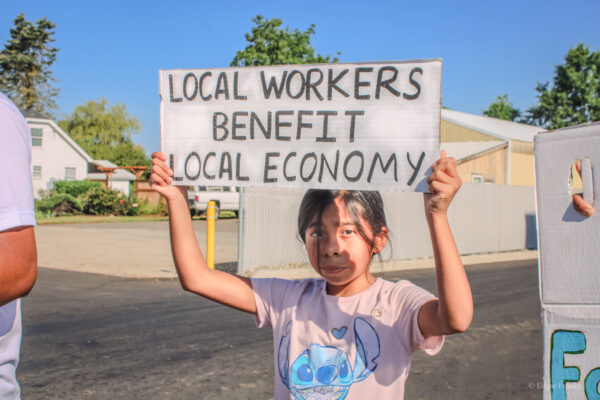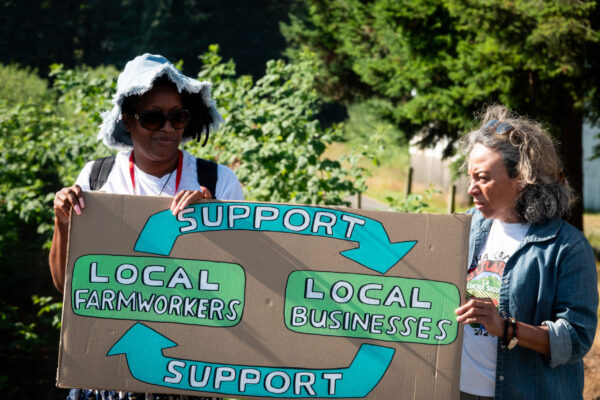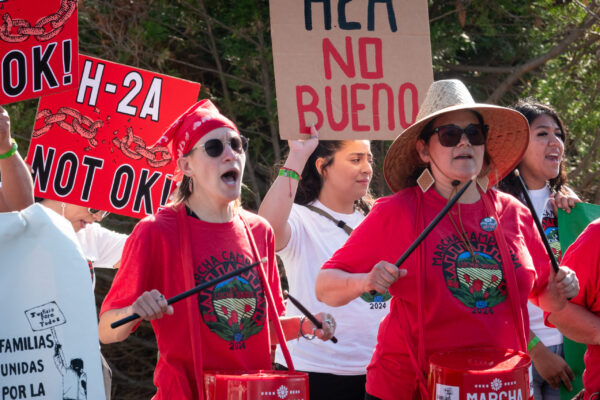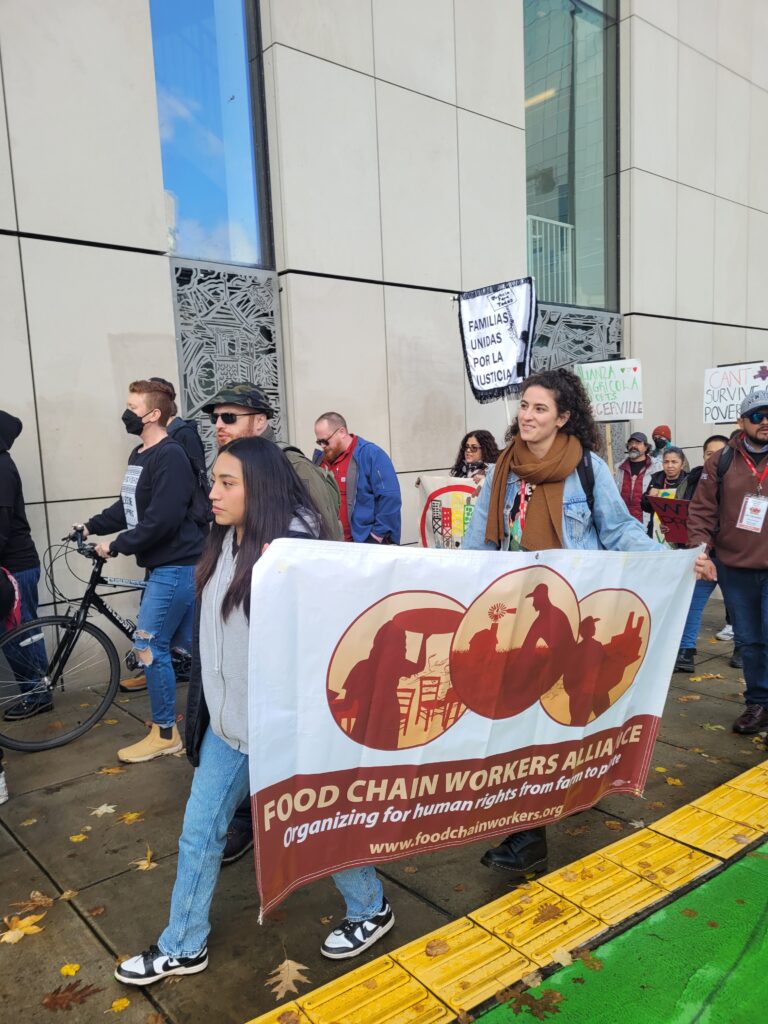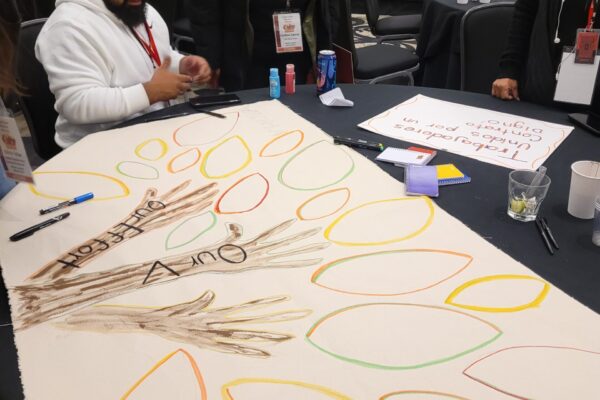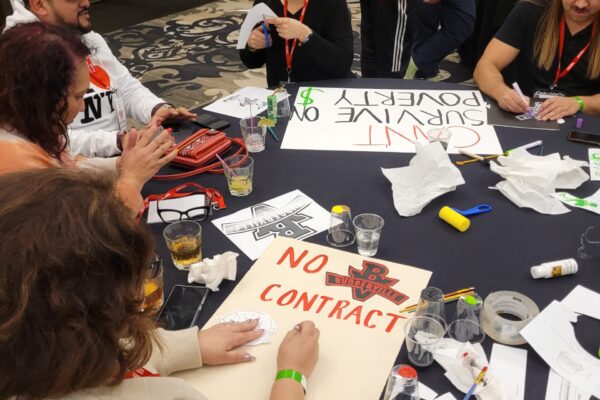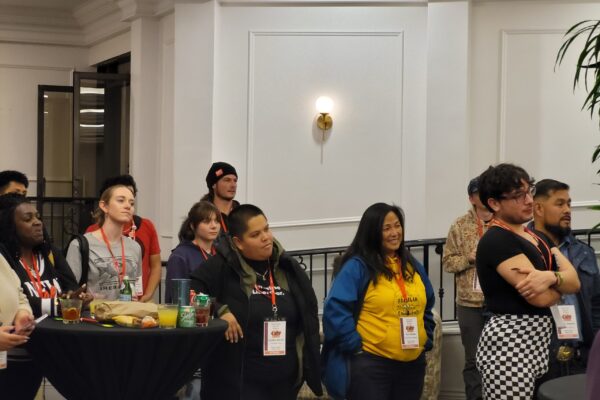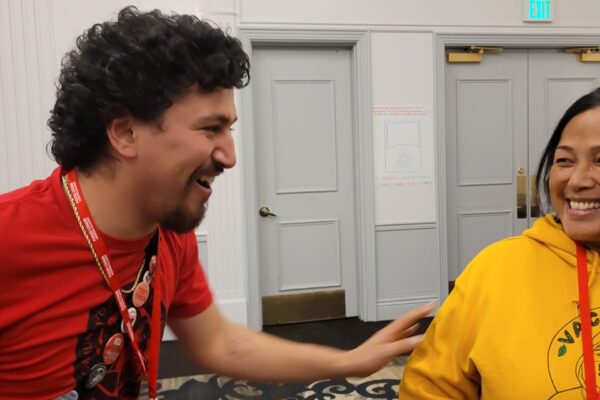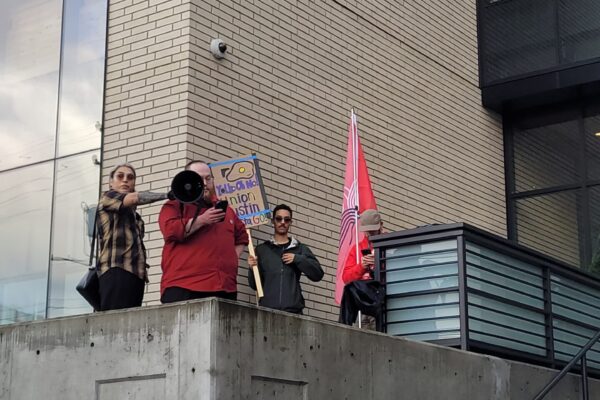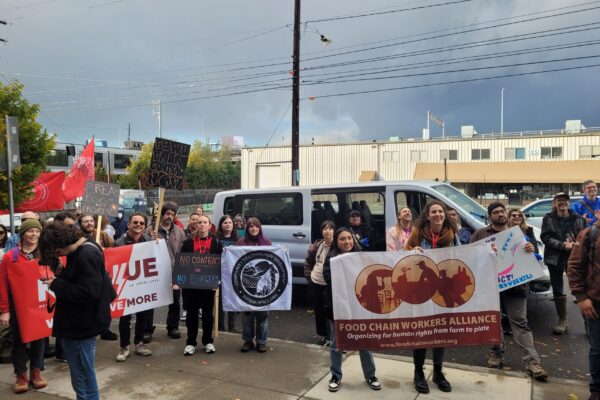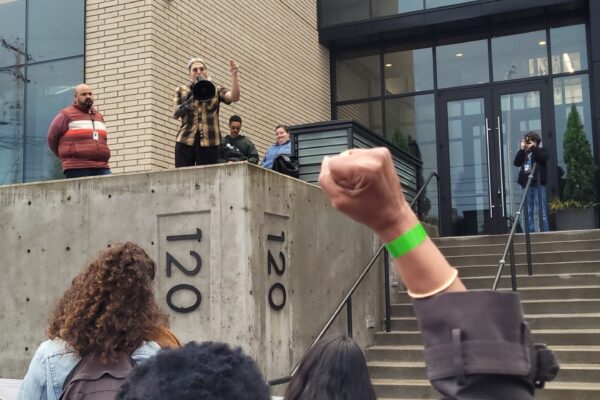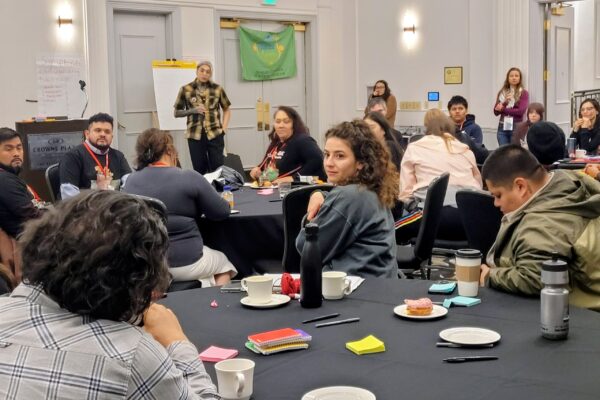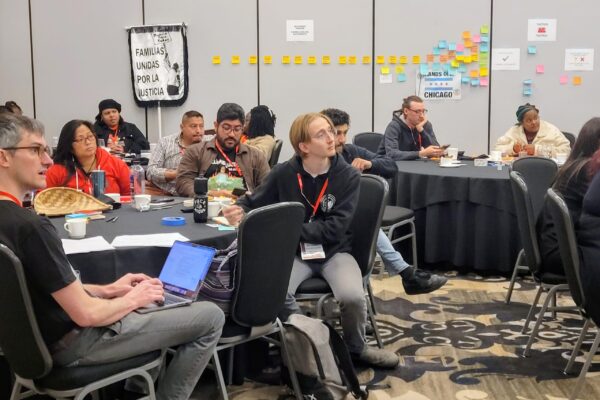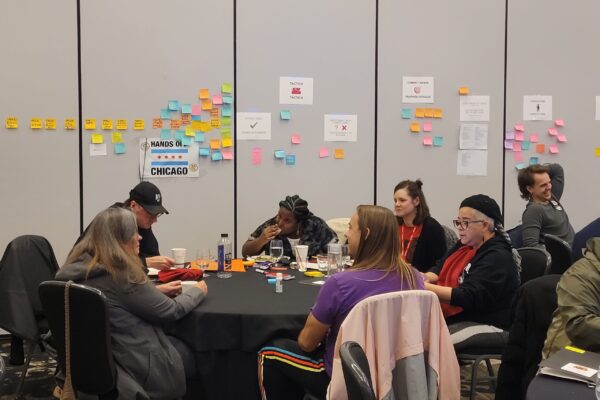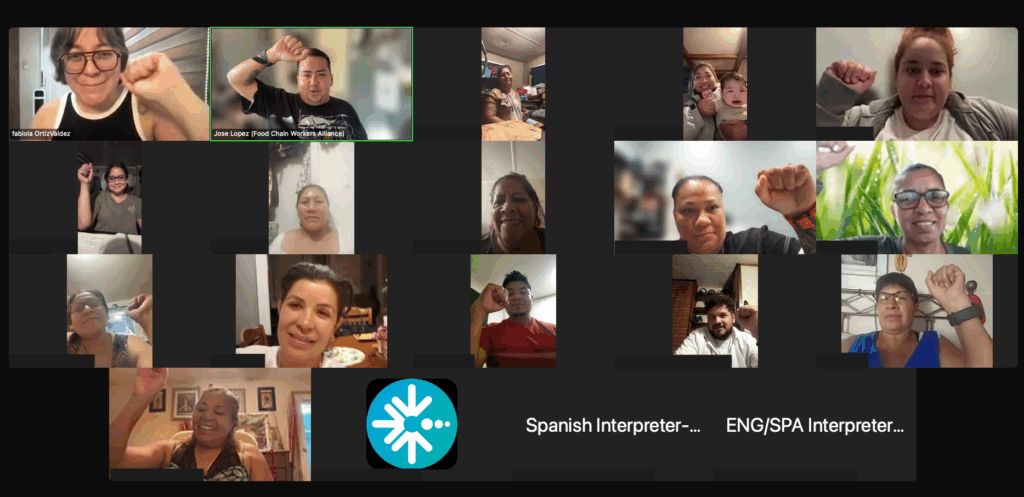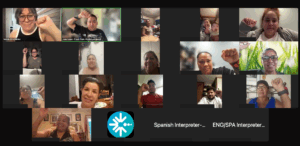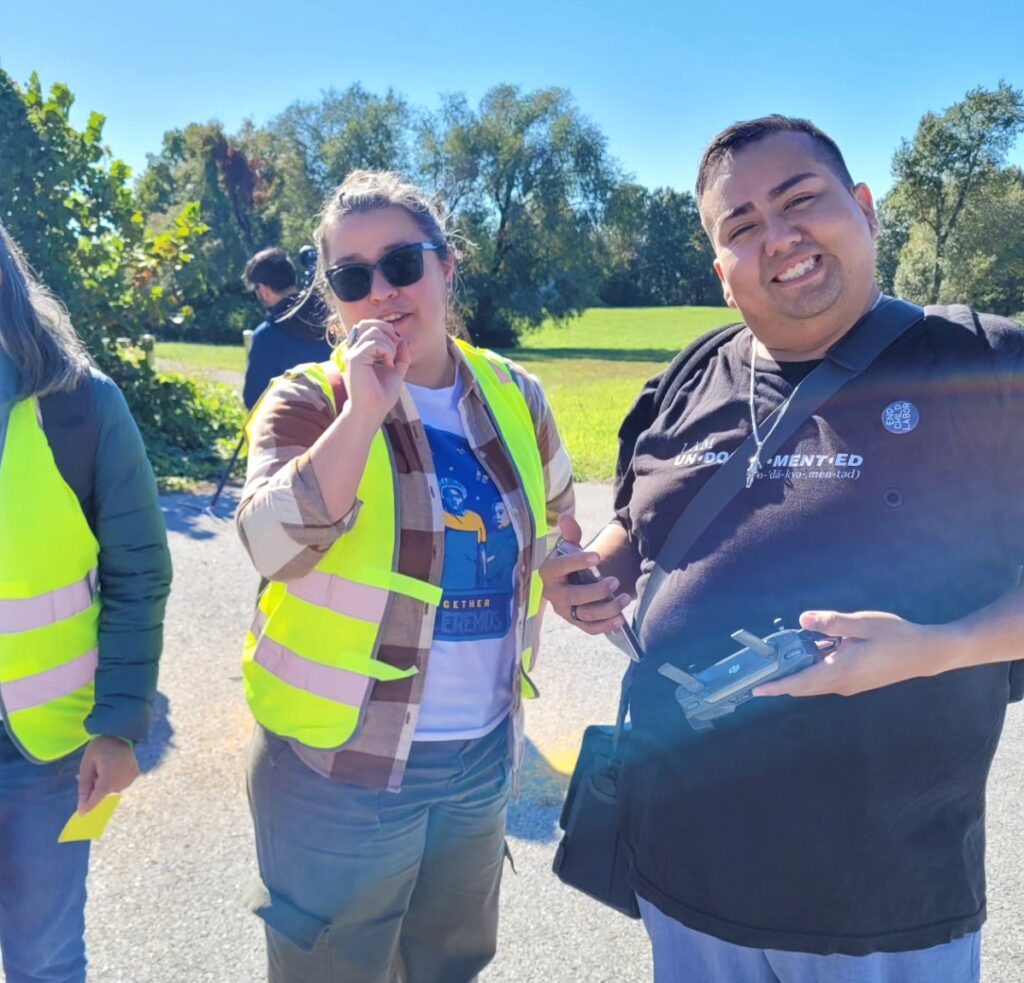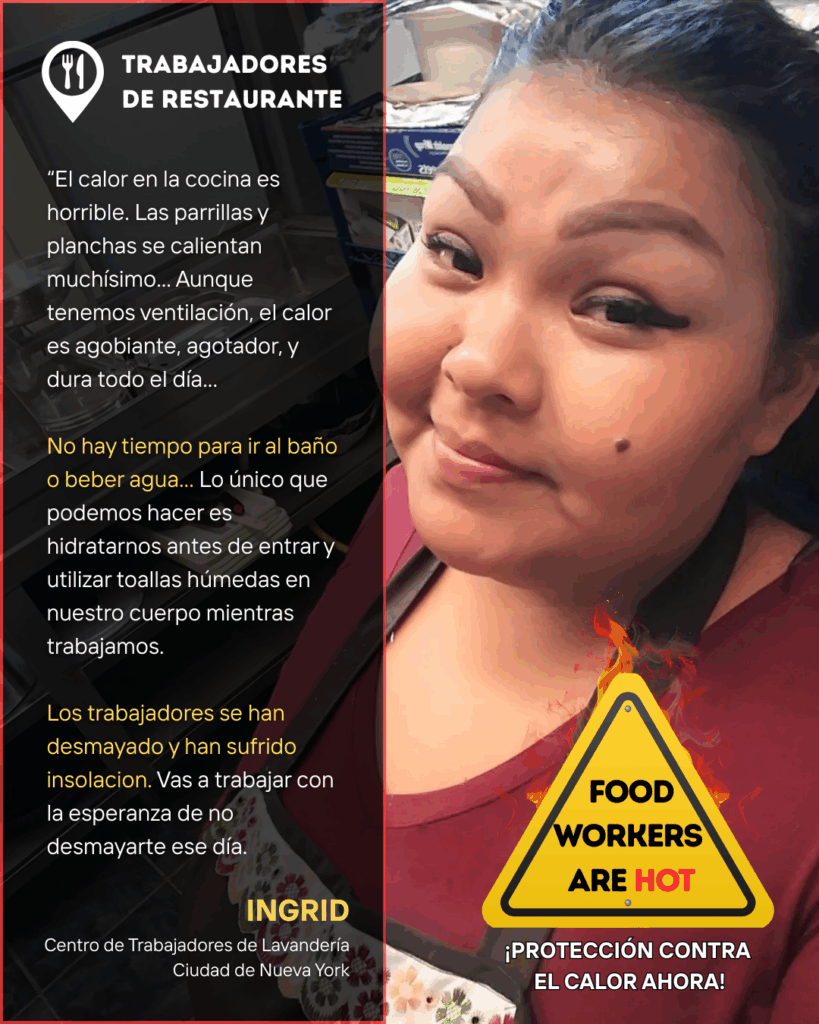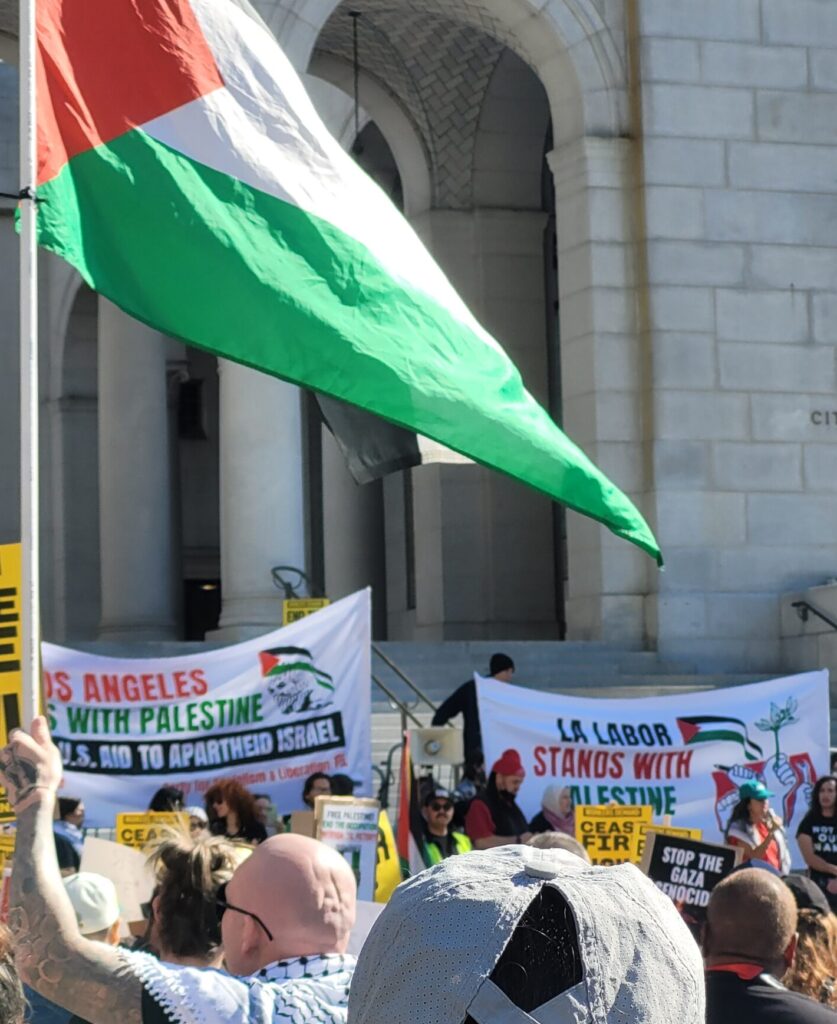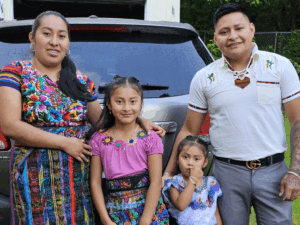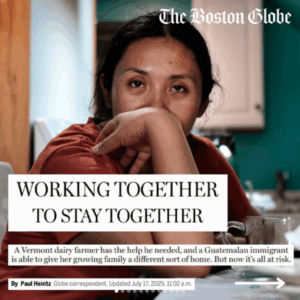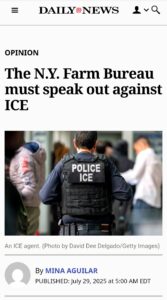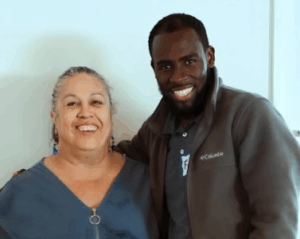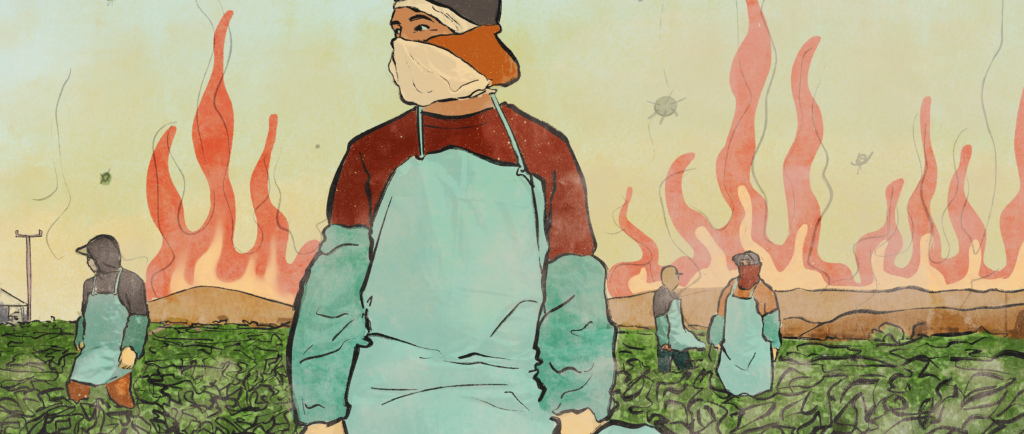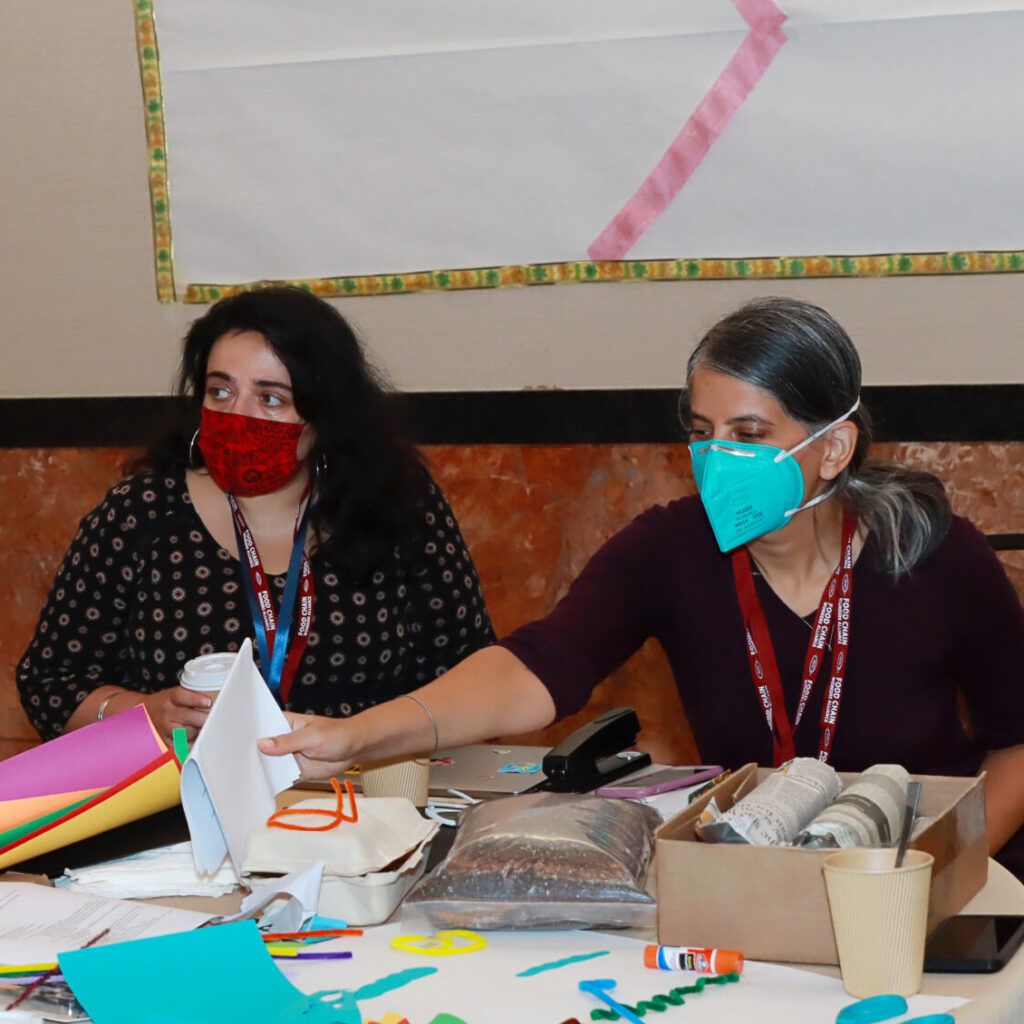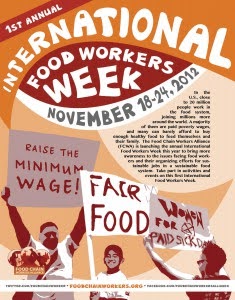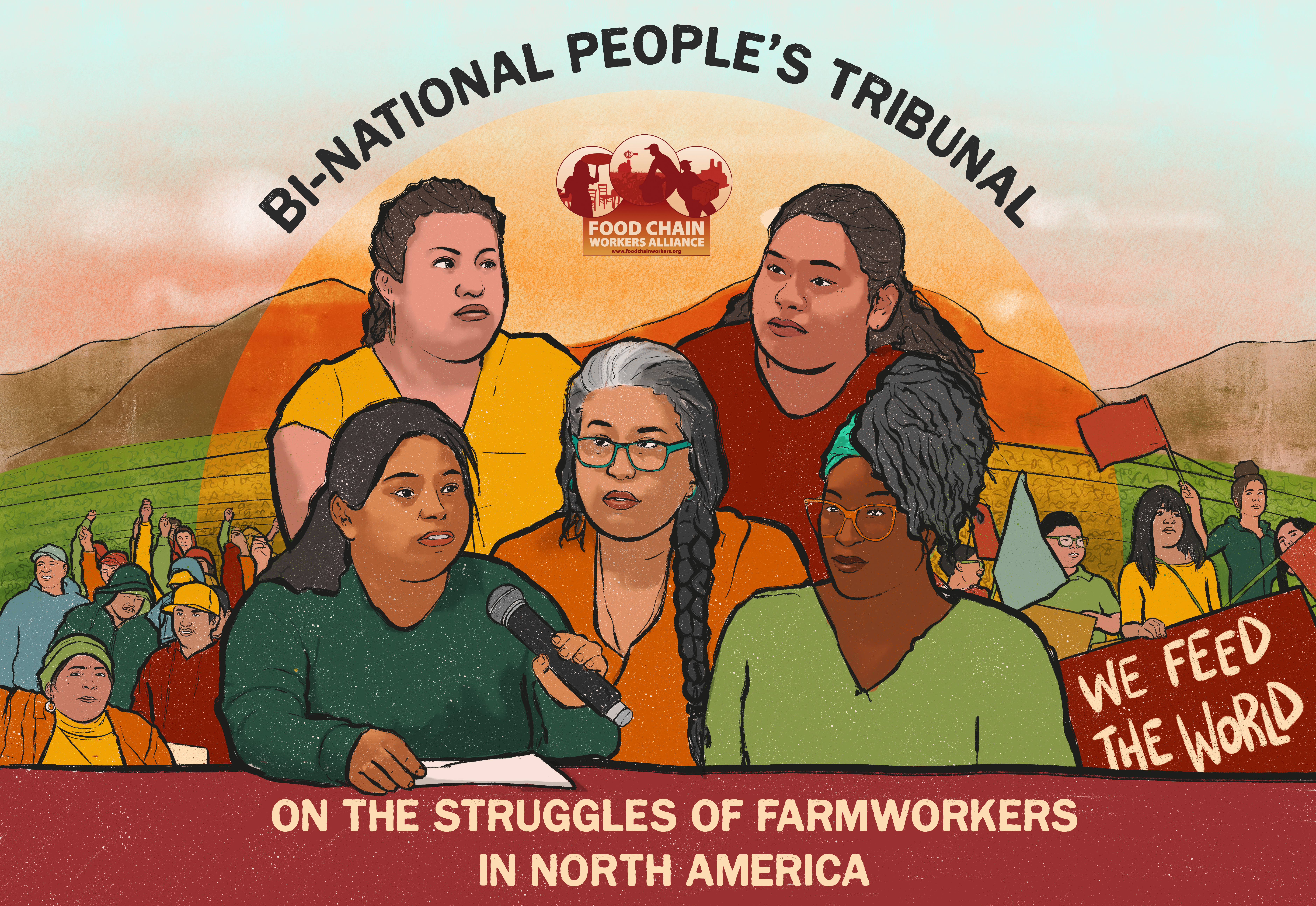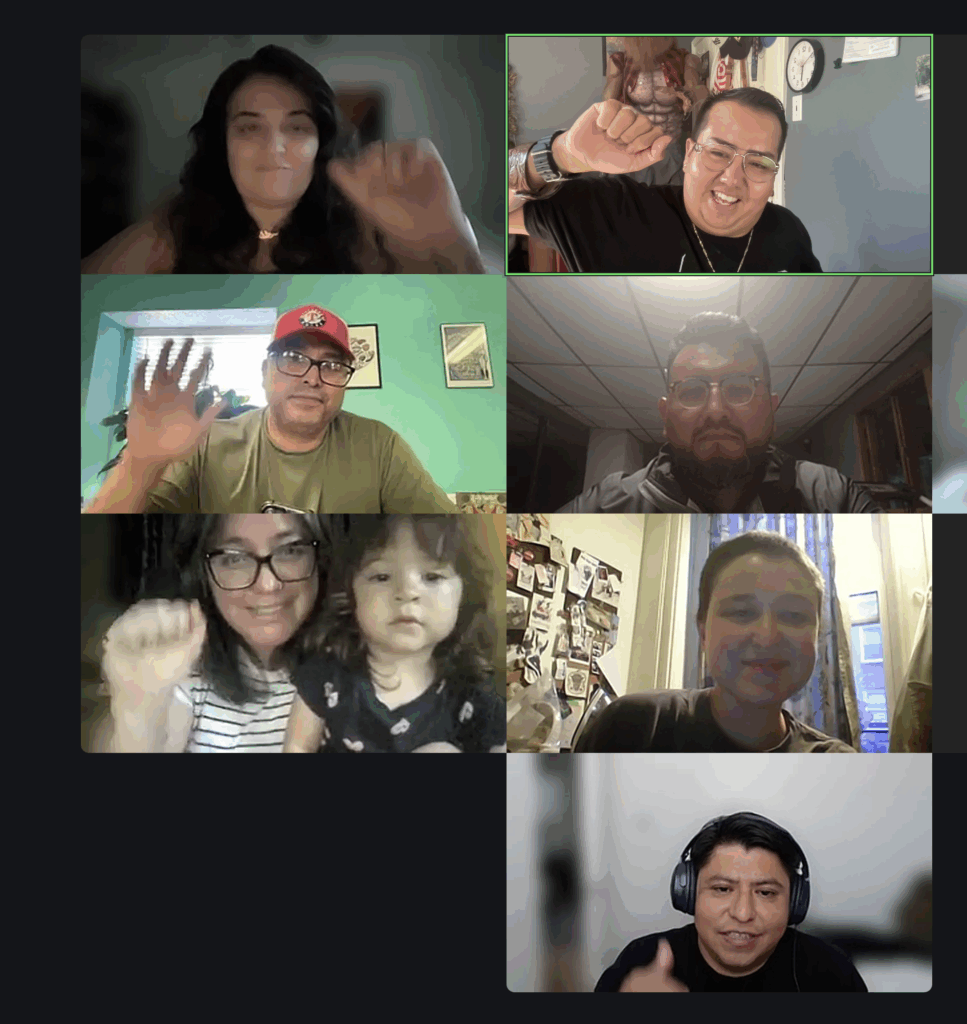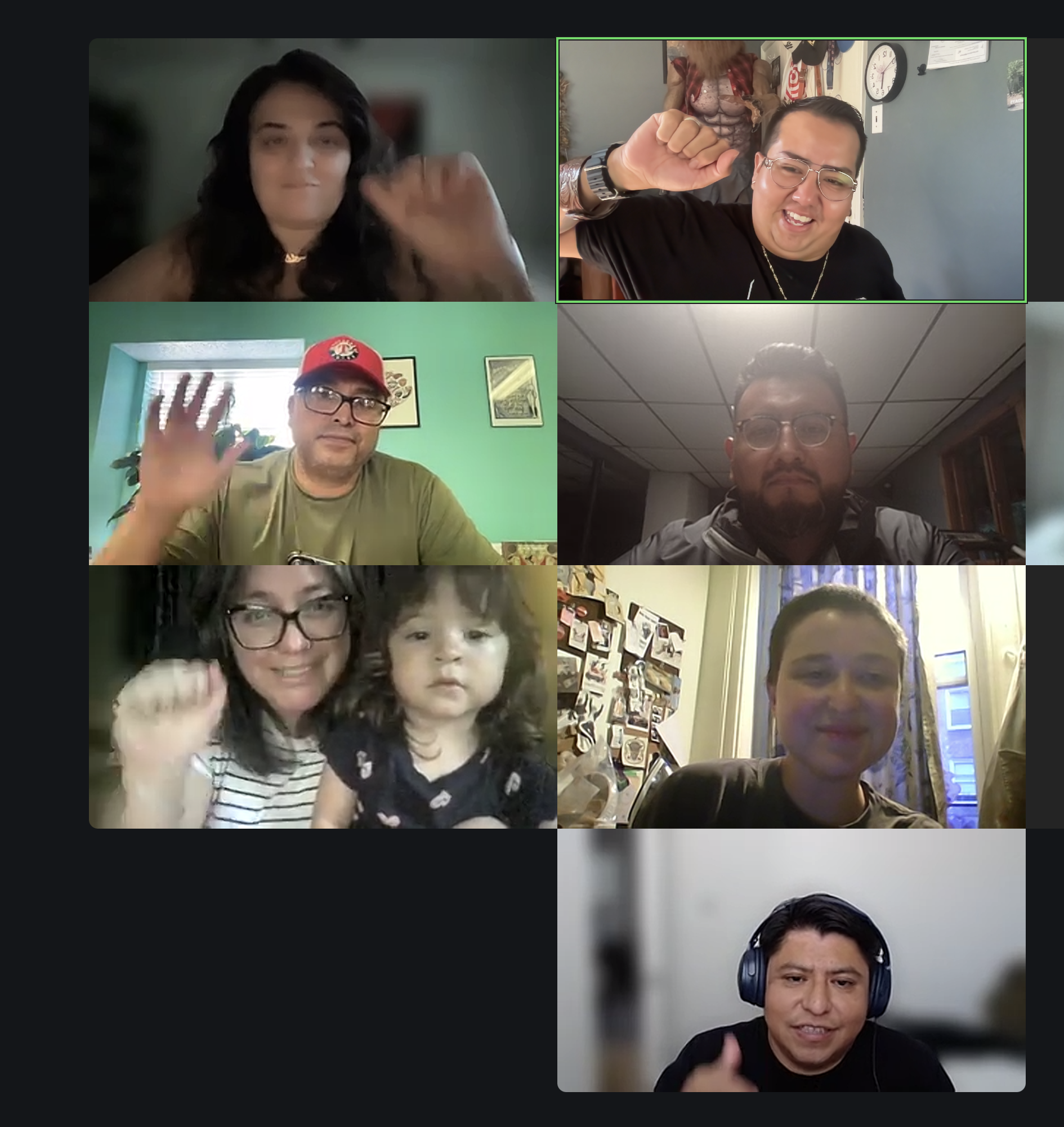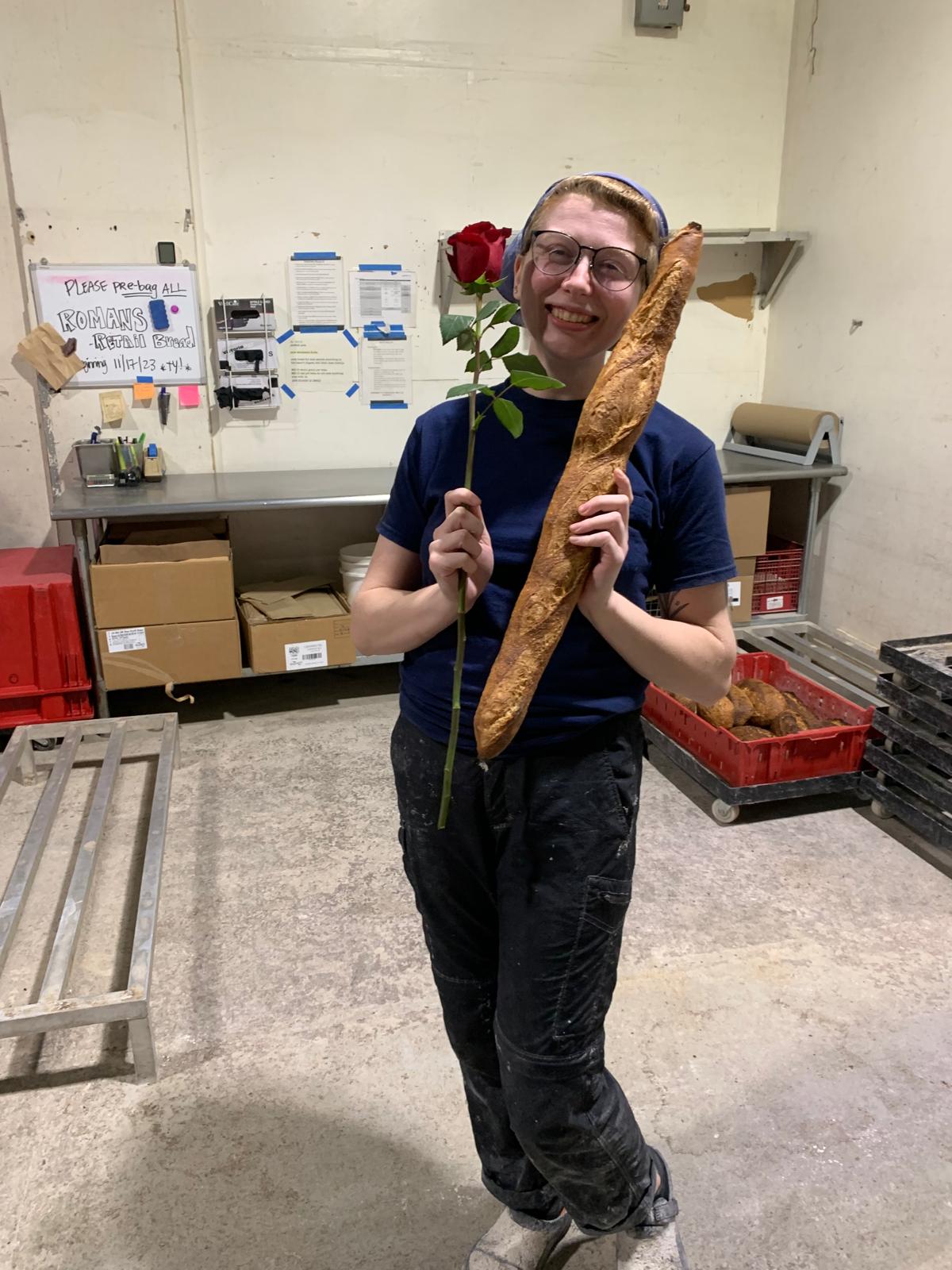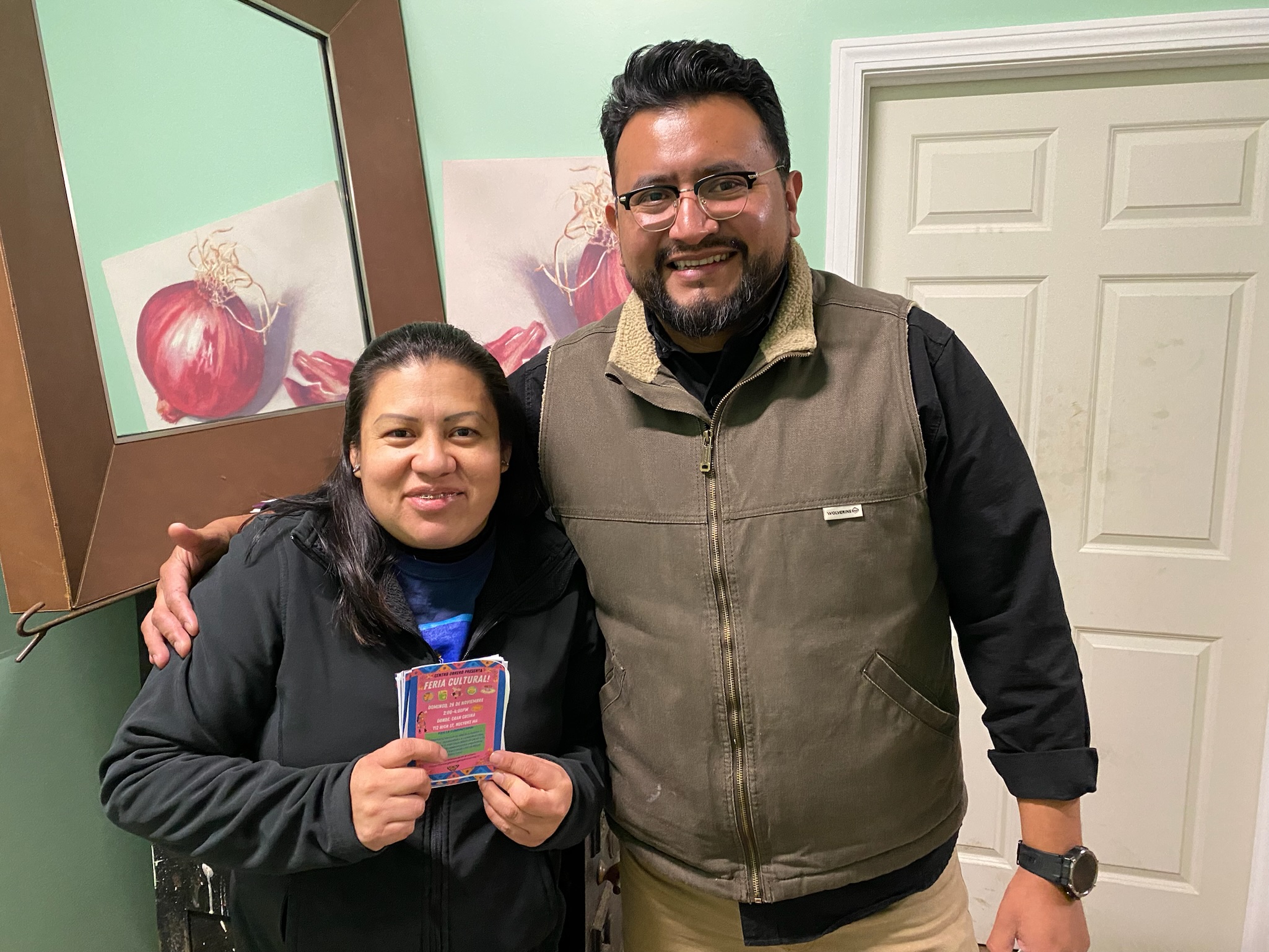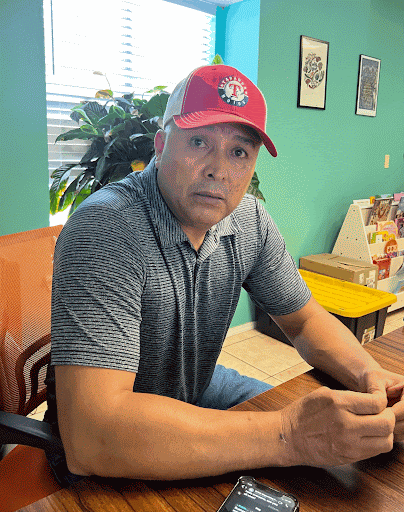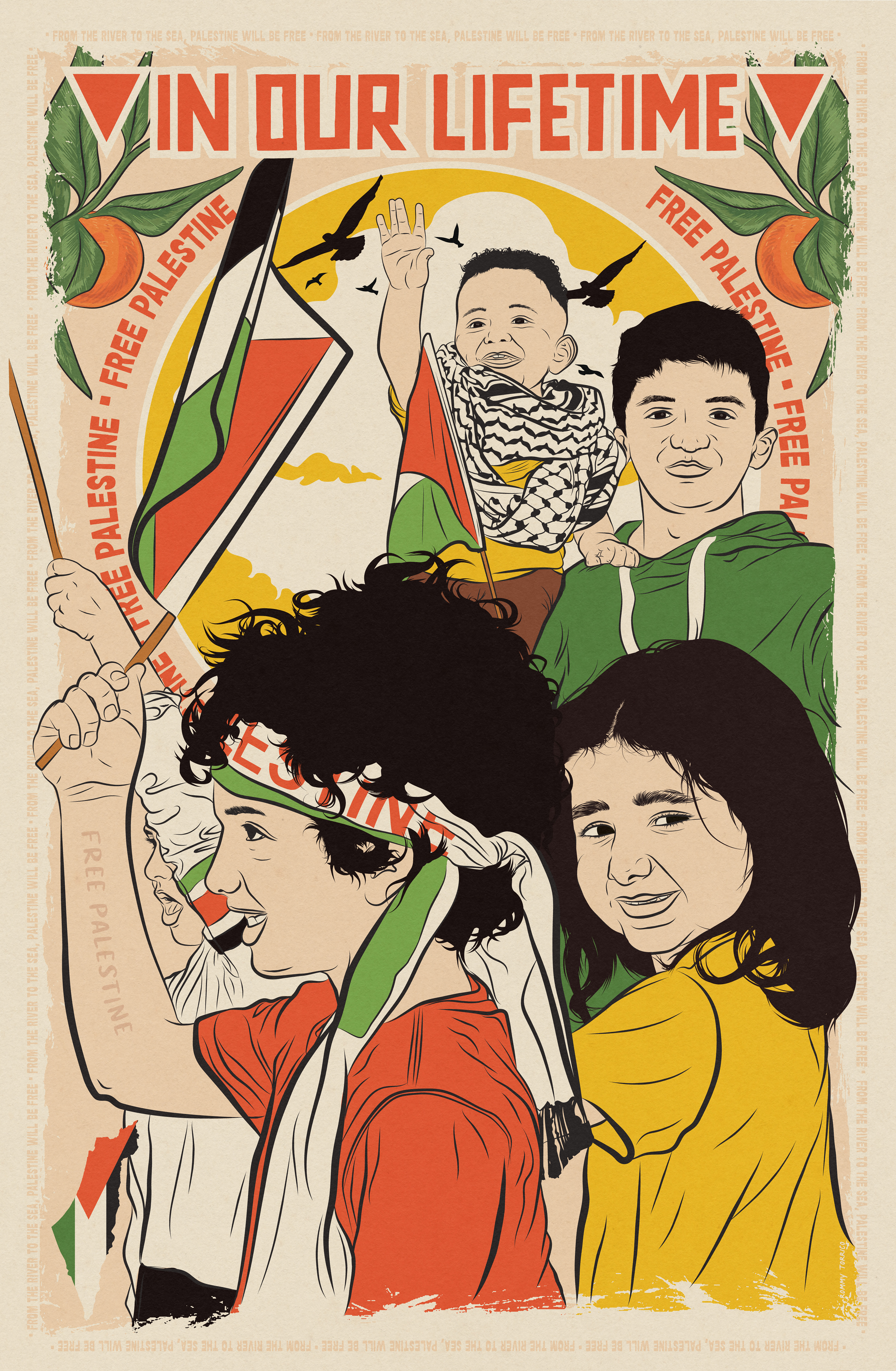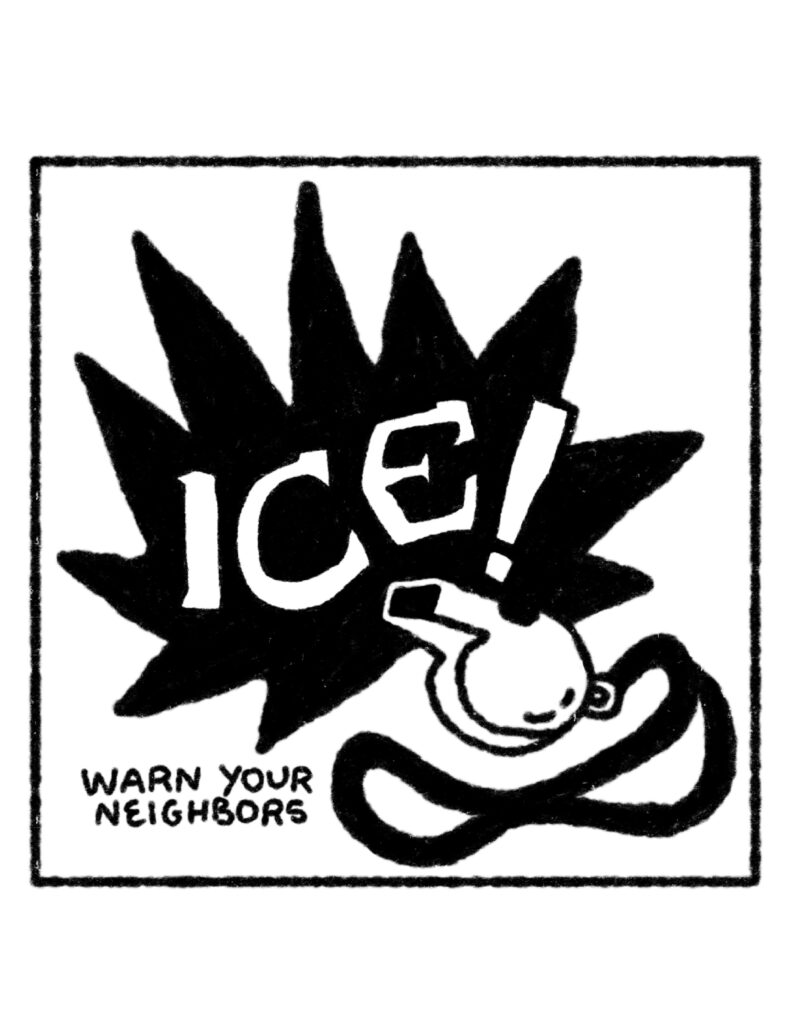
(español abajo) The Food Chain Workers Alliance stands with unions, community organizations, faith leaders, and small businesses in Minnesota who have called for a general economic strike on Friday, January 23 in protest of ICE’s presence in their state and the agency’s continued brutal assaults on community members including children, US citizens, and refugees.
A general strike is a widespread work stoppage across multiple industries to pause all economic activity. It’s a kind of “people’s veto” by which we, the workers, harness our collective power in the face of injustice. General strikes are a staple of protest politics and labor organizing that are frequently employed in other countries such as France and India
The general strike in Minnesota is more of a mass mobilization than a true strike, as no unions have officially voted to go on strike. However, major unions have endorsed the call for Minnesotans to refuse work, school, and shopping.
What the Trump administration is doing, along with the violent occupation by ICE in cities like Minneapolis, is a frontal attack on workers and our human rights. People are kidnapped at work, in Home Depot parking lots, on construction sites, on farms, on their way to and from work.
We have a long way to go to build the organized worker power we need for collective liberation and to reclaim our sovereignty from the 1%. That’s why more of these actions are on the horizon. The UAW has called for a general strike in 2028, when they’ll be entering negotiations for three major contracts. They’re calling for the rest of the labor movement to join them in going beyond these specific contract fights, working together to “bring the billionaire class to heel” and demand massive, transformational change.
This will require strong organization and widespread participation across the country, and we need to start preparing now. That means we need to start bringing labor and community together, and push our unions to make bold demands.
Let’s start today by standing with Minnesota.
¡ICE FUERA DE MINNESOTA!
¡ICE FUERA DE NUESTRAS COMUNIDADES!
La Alianza de Trabajadores de la Cadena Alimentaria se solidariza con los sindicatos, organizaciones comunitarias, líderes religiosos y pequeños negocios de Minnesota que han convocado a una huelga económica general el viernes 23 de enero, en protesta por la presencia de ICE en su estado y por los continuos y brutales ataques de la agencia contra miembros de la comunidad, incluyendo niñas y niños, ciudadanos estadounidenses y personas refugiadas.
Una huelga general es una suspensión amplia del trabajo en múltiples industrias para pausar toda la actividad económica. Es una especie de “veto del pueblo”, mediante el cual quienes trabajamos ejercemos nuestro poder colectivo frente a la injusticia. Las huelgas generales son una herramienta histórica de la protesta política y la organización laboral, y se utilizan con frecuencia en otros países como Francia e India.
La huelga general en Minnesota es más una movilización masiva que una huelga formal, ya que ningún sindicato ha votado oficialmente ir a la huelga. Sin embargo, sindicatos importantes han respaldado el llamado a que la gente de Minnesota se abstenga de trabajar, asistir a la escuela y consumir.
Lo que está haciendo la administración Trump, junto con la violenta ocupación de ICE en ciudades como Minneapolis, es un ataque frontal contra las y los trabajadores y nuestros derechos humanos. Las personas son secuestradas en sus lugares de trabajo, en estacionamientos de Home Depot, en sitios de construcción, en granjas, y en su camino hacia y desde el trabajo.
Nos queda un largo camino por recorrer para construir el poder organizado de la clase trabajadora que necesitamos para la liberación colectiva y para recuperar nuestra soberanía del 1%. Por eso, más acciones como esta se vislumbran en el horizonte. El sindicato UAW ha convocado a una huelga general en 2028, cuando entrarán en negociaciones de tres contratos importantes. Están llamando al resto del movimiento laboral a sumarse y a ir más allá de estas luchas contractuales específicas, trabajando juntas y juntos para “poner en su lugar a la clase multimillonaria” y exigir cambios masivos y transformadores.
Esto requerirá una organización fuerte y una participación amplia en todo el país, y necesitamos empezar a prepararnos desde ahora. Eso significa comenzar a unir al movimiento laboral con las comunidades y presionar a nuestros sindicatos para que planteen demandas audaces.
Empecemos hoy solidarizándonos con Minnesota.
